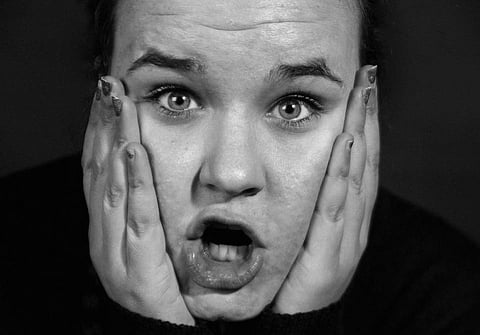
- Home
- न्यूजग्राम
- NewsGram USA
- India
- World
- Politics
- Entertainment
- Culture
- Lifestyle
- Economy
- Sports
- Sp. Coverage
- Misc.
- NewsGram Exclusive
- Jobs / Internships

Washington D.C. (US), July 6, 2017: One may think that their true economic condition can be hidden, but their expression will always unmask the true condition, as per a recent study. The University of Toronto has established that is it reliably possible for people to tell whether an individual is richer or poorer than average just by taking a glimpse of their "neutral" face with no facial expression.
It is also a fact that they might make use of those impressions in a biased way, for example judging that the richer faces and preferring them over the poorer ones to hire for a job, as said by researcher Thora Bjornsdottir.
As noted by Bjornsdottir, your face signals can reveal a lot about your social class and those first impressions can then become a type of self-fulfilling prophecy. It will then influence your interactions and the opportunities you're going to have in the future, mentioned ANI report.
The researchers also disclose that a person's social class can only be judged by their neutral face, without a smile or any emotions. They conclude that emotions have the ability to hide life-long habits of expression that eventually get imprinted on a person's face either by their last teenage years or early in their adulthood, for instance, happiness, that is more commonly associated with people who are wealthy or are satisfied.
According to Rule, one's face ultimately reveals and reflects their experiences over time. Even when we are under the misinterpretation that we are not expressing anything, artifacts of those emotions and feelings are still present there. It is also said that the results are not affected by the race or gender of the face or the amount of time given to study them. All of this consists of nonverbal behaviour.
The study of social classes is getting more attention in fields such as psychology and behaviour. What makes it even more intriguing is the 43 muscles concentrated in a very small area of the body. The study is displayed in the Journal of Personality and Social Psychology.
– prepared by Harsimran Kaur of NewsGram. Twitter: Hkaur1025
